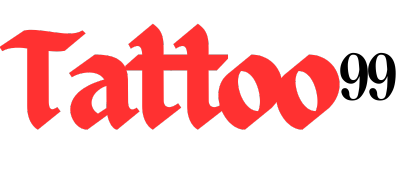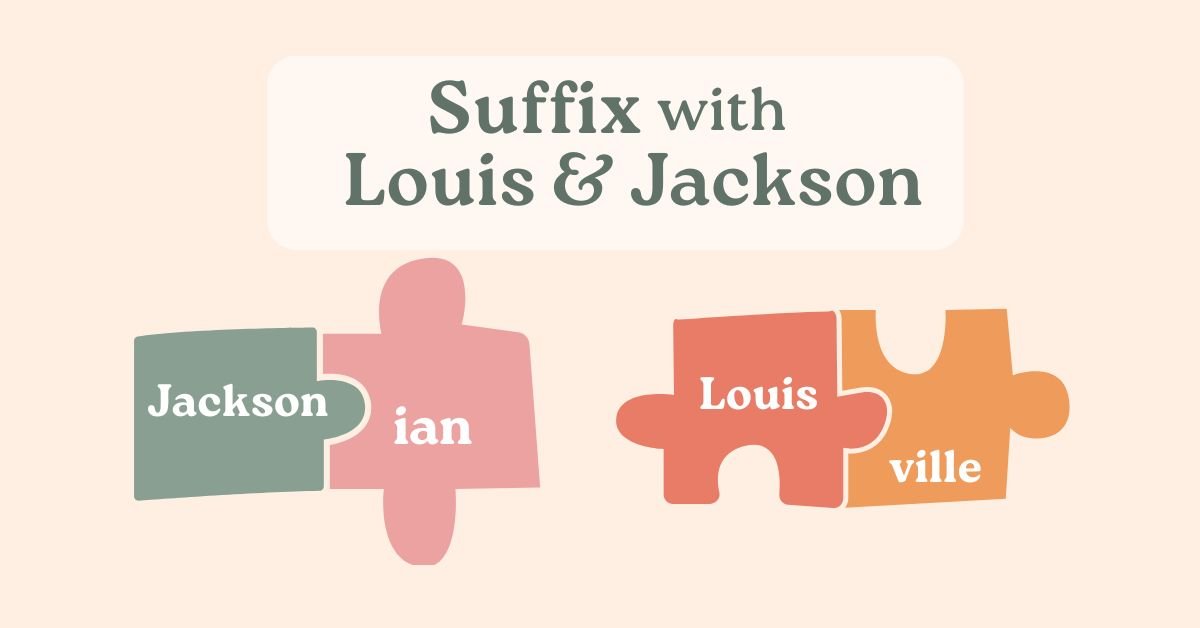The Smoothstack lawsuit has caught the attention of many, especially those in the tech industry or considering a career in it. If you’ve heard about this legal issue but aren’t sure what it’s all about, you’re in the right place. This blog post will break down the key points, explain the situation in easy-to-understand terms, and help you make sense of what’s happening.
What is Smoothstack?
Smoothstack is a tech company that specializes in training and job placement services. Founded with the mission to bridge the skills gap in technology, Smoothstack offers free training to individuals aspiring to break into the tech industry. In exchange for this training, trainees are expected to commit to working with Smoothstack or its partner companies for a predetermined period. While this model sounds appealing, it has raised several red flags, leading to the ongoing lawsuit.
The Smoothstack Lawsuit: An Overview
The Smoothstack lawsuit revolves around allegations of deceptive practices related to the company’s recruitment and training processes. Specifically, the lawsuit claims that Smoothstack mismanaged contracts and failed to deliver on its promises to trainees, raising questions about its overall business ethics.
Understanding the Allegations
At the heart of the lawsuit are several serious allegations against Smoothstack. Critics argue that the company has engaged in misleading practices regarding its training programs and job placements. Many former trainees claim they were not adequately prepared for the job market, and some have reported difficulties securing positions despite completing the training.
The Recruitment and Training Model
Smoothstack’s recruitment process typically targets individuals who may not have traditional tech backgrounds but are eager to learn. The training programs offered cover various tech skills, from software development to data analysis. However, the effectiveness of these programs has come under scrutiny, particularly concerning the quality of instruction and the job placement rate post-training.
The Controversial Contract
One of the most contentious aspects of Smoothstack’s business model is the contract that trainees must sign. The agreement often includes clauses that bind the trainee to the company for a specific duration. While this might seem standard, many have argued that the terms are overly restrictive and not clearly communicated, leaving trainees vulnerable to legal ramifications if they choose to leave before their commitment is fulfilled.
Legal Implications of the Lawsuit
The Smoothstack lawsuit could have significant legal implications for the company. Depending on the outcome, Smoothstack may face penalties, forced changes to their business model, or even bankruptcy. This situation highlights the need for transparency in the tech training industry and could set precedents for how similar companies operate moving forward.

Reactions from the Tech Community
The tech community’s response to the lawsuit has been varied. Some former trainees have come forward with their experiences, describing feelings of betrayal and disillusionment. Others in the industry have expressed concern about how such allegations could tarnish the reputation of tech training programs as a whole, which are vital for addressing the skills gap in technology.
Navigating the Job Market Post-Lawsuit
If you’re considering a career in tech, it’s crucial to be informed about the implications of the Smoothstack lawsuit. While the company may have provided opportunities for some, potential job seekers should weigh their options carefully. Research alternative training programs that have a solid track record and transparent practices to avoid similar pitfalls.
What This Means for Future Training Programs
The Smoothstack lawsuit serves as a wake-up call for tech training companies. It underscores the importance of ethical practices, transparency, and accountability. Other training programs may need to re-evaluate their contracts and ensure they’re providing genuine value to their trainees to avoid facing similar legal challenges in the future.
Conclusion
The Smoothstack lawsuit is more than just a legal case; it’s a crucial discussion about ethics in tech training. As aspiring tech professionals, understanding this issue can empower you to make informed choices about your career. Always conduct thorough research before committing to any training program to ensure you’re entering a fair and supportive environment.
FAQs
What are the main allegations against Smoothstack?
The primary allegations involve misleading practices concerning training quality and job placements, as well as concerns about restrictive contract terms.
How might the lawsuit affect current trainees?
Current trainees may face uncertainty regarding their future job placements and the overall quality of the training they receive.
What should potential trainees know?
Prospective trainees should thoroughly review any agreements before signing and consider researching reviews and testimonials from former participants.
Are there alternatives to Smoothstack?
Yes, there are numerous reputable tech training programs available, including boot camps and online courses, that offer more transparent and flexible arrangements.
What can we learn from this situation?
This case highlights the need for ethical practices in tech training, urging both trainees and providers to prioritize transparency and accountability.





